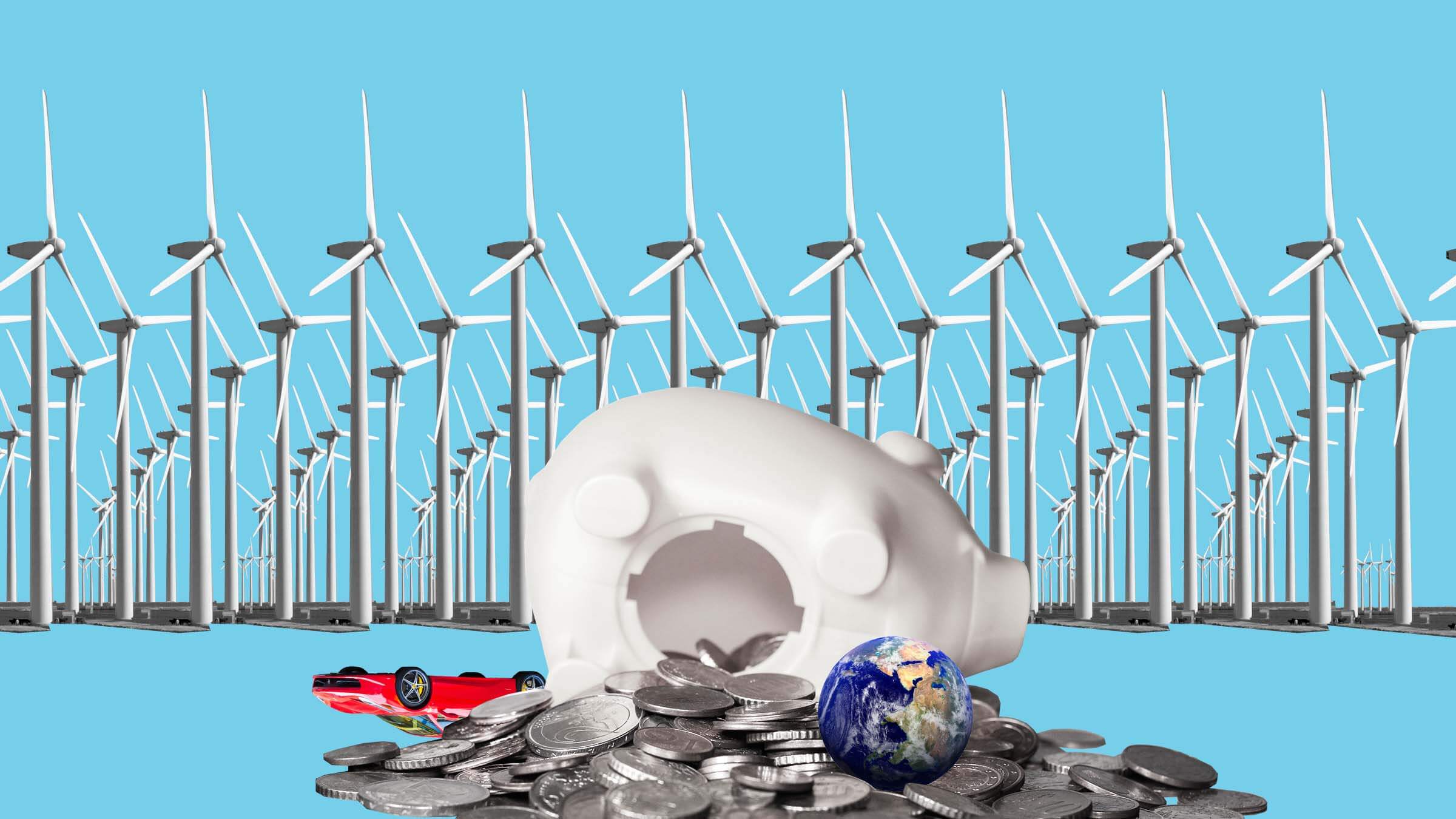Policy makers around the world, in particular ministries of finance, need to prepare for the potential impacts of the climate transition on public balances. Both national and international climate policies and technological and behavioral changes can affect public revenues and expenditures fast and in non-linear ways, such as with exponential changes.
Emission reductions in line with the Paris Agreement are expected to transform significantly many sectors, such as the energy sector, transportation, consumption patterns, industry, building, agriculture and forestry. These changes in the economy will also affect the public balances.
The new report How to Scope the Fiscal Impacts of Long-Term Climate Strategies? A Review of Current Methods and Processes compiles information and experiences on how to scope the fiscal impacts of the transition to net zero while the decision-making environment is partially under deep uncertainty.
The report is based on a literature review and 36 expert interviews with research institutions and government representatives. In addition, it includes views on key challenges as well as opportunities for improvement related to the fiscal impact assessments, and advice on potential ways forward for ministries of finance.
The report was conducted by the Finnish Innovation Fund Sitra for the international Coalition of Finance Ministers for Climate Action, but it is hoped to provide also advice and ideas for Finnish policy making.


